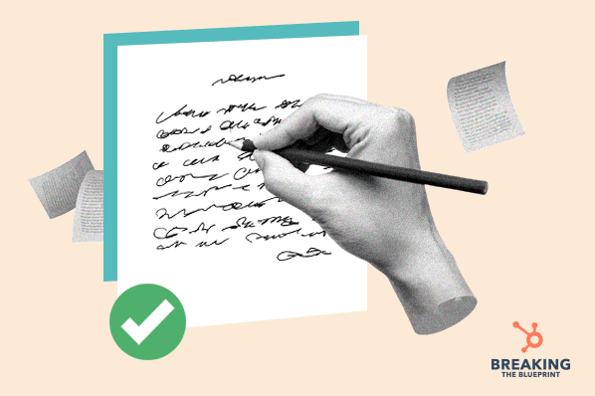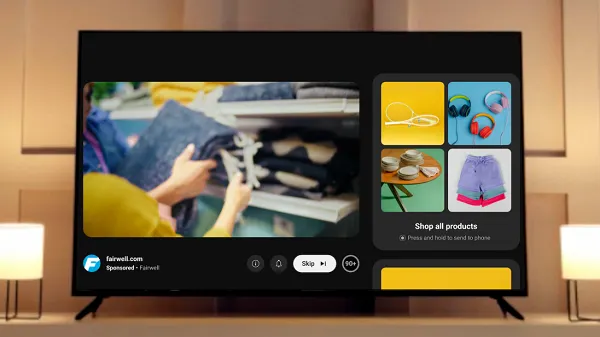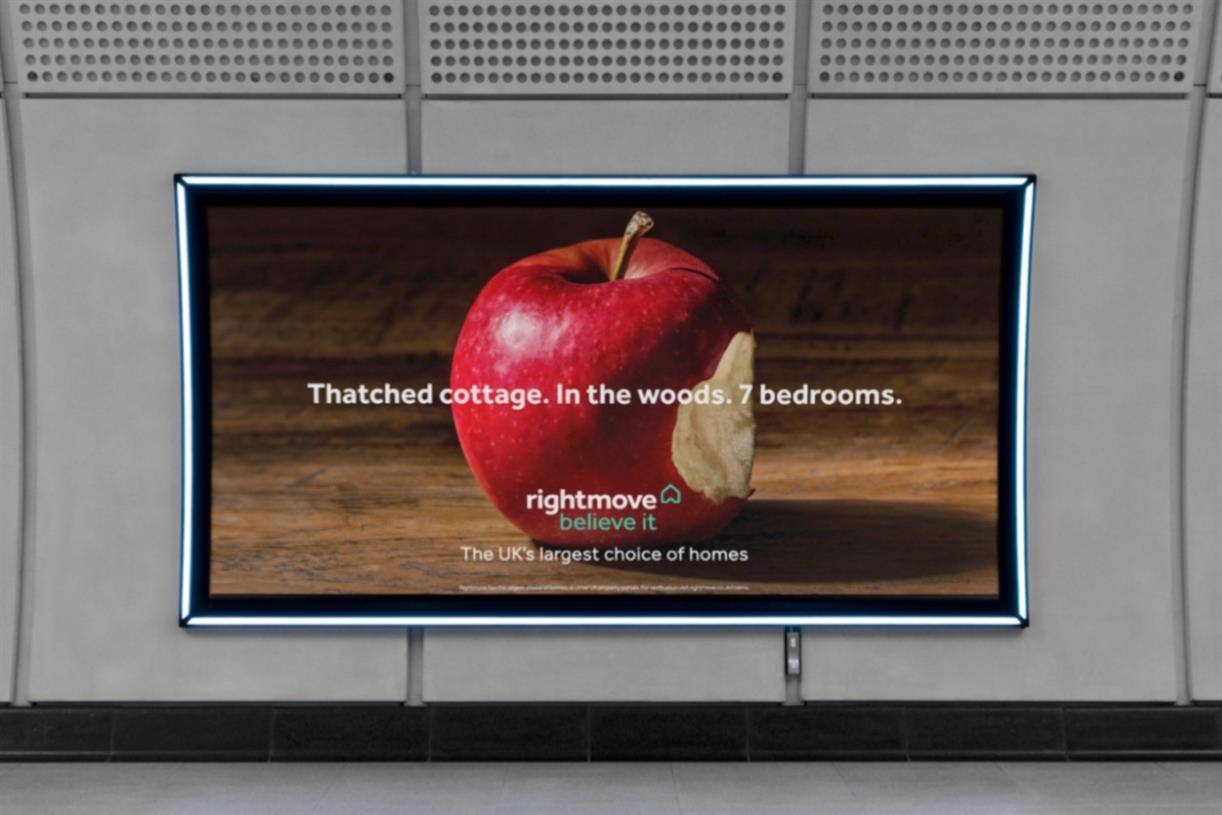Disability-Owned Business Enterprise Certification: Everything You Need to Know
Welcome to Breaking the Blueprint — a blog series that dives into the unique business challenges and opportunities of underrepresented business owners and entrepreneurs. Learn how they’ve grown or scaled their businesses, explored entrepreneurial ventures within their companies, or created side...

Welcome to Breaking the Blueprint — a blog series that dives into the unique business challenges and opportunities of underrepresented business owners and entrepreneurs. Learn how they’ve grown or scaled their businesses, explored entrepreneurial ventures within their companies, or created side hustles, and how their stories can inspire and inform your own success. Everything You Need to Know about the Disability-Owned Business Enterprises (DOBE) Certification Minority-owned business certification dates back to the 1970s but only gradually began being considered potentially applicable to entrepreneurs with disabilities some 15 years ago — decades after the passing of the Americans with Disabilities Act in 1990. This explains why, in 2023, there are only 500 DOBEs across the country despite the numerous commercial advantages. A disability-owned business enterprise (DOBE for short) is a for-profit business that is at least 51% owned by an individual with a disability. The DOBE certification process is wholly administered across the United States by Disability:IN, a global leader in business disability inclusion with a network of over 500 major corporations, and, once completed, brings with it numerous competitive advantages like: Additionally, Disability:IN can provide direct introductions to key procurement leaders and corporate buyers whilst also assisting DOBEs in ensuring that they are contract-ready and fully primed to capitalize on all types of market opportunities. In short, DOBEs enjoy a clear competitive advantage over other disability-owned businesses that are not certified and compete on more of a level playing field with similar organizations that are not disability-owned. A DOBE can be run by someone with any type of disability, both visible or invisible – physical or cognitive – provided the medical evidence submitted upon application can attest that the disability has a significant long-term impact on the person concerning daily life activities. Where there is less room for maneuver is that the disabled applicant must have at least 51% control of the business and therefore have the final say on all important commercial decisions. During the DOBE application process, which can be undertaken online, the applicant must submit documented evidence of their majority stake in the company. These documents may include tax returns, articles of incorporation, and corporate meeting minutes. Disability:IN uses a sub-committee of around seven of its 70 corporate members to review and approve applications, and it’s usually done within 90 days. If a business has previously been designated as minority-owned by related operators such as the Women's Business Enterprise National Council or the National LGBT Chamber of Commerce, the approval process can be fast-tracked to 30 days. Once approved, you’ll need to renew your accreditation every three years (at a cost of $300), which, compared to the potential upsides, is a drop in the ocean. However, business owners are required to notify Disability:IN if, in the interim, there is a change in the ownership structure of the organization. Entrepreneurship is twice as popular amongst disabled people than their non-disabled counterparts, and overall, one in five or 20% of Americans are thought to live with some type of disability. In estimating the potential number of businesses that could benefit from DOBE certification based on this data — 500 represents a significant shortfall. However, there is likely to be a multiplicity of factors driving this. Firstly, not all business owners with impairments will have heard of the DOBE certification program, and many may not self-identify as disabled. Others may incorrectly believe that the disability-owned designation only applies to more extreme cases of disability. Others still may have concerns that certification may stigmatize the business and potentially put off less enlightened customers. The reality is that DOBEs can be as discrete as they see fit to promote their accredited status. While some may display their accreditation badge on their website, others may simply use their status for networking and leveraging contracts. We are now over three decades from the ADA, and the evolving pandemic corporate world holds promise for being more inclusive. If you’re a disabled business owner in 2023, applying for a DOBE certification can open a multitude of doors — there’s nothing to lose and potentially a massive amount to gain.
What is the disability-owned business certification?
Disability:IN Certification Requirements
DOBE Certification Process
Why is the disability-owned business certification important?
Over to You

 Kass
Kass 









![How To Create An Infographic In Powerpoint [+Free Templates]](https://blog.hubspot.com/hs-fs/hub/53/file-2545046261-png/00-Blog-Related_Images/blog-freature-image-infographic-templates.png#keepProtocol)




![How to Write Professional Yet Kind Rejection Letters [4 Templates]](https://blog.hubspot.com/hubfs/rejection-letter.jpg#keepProtocol)

















